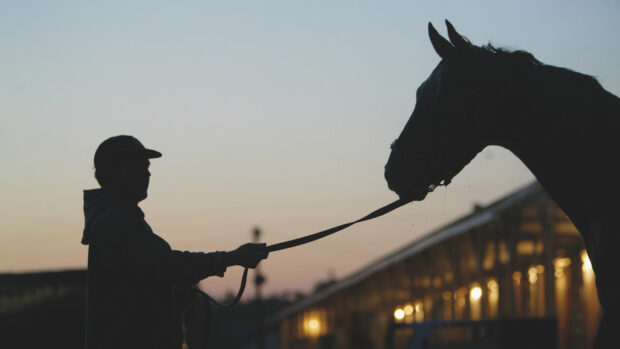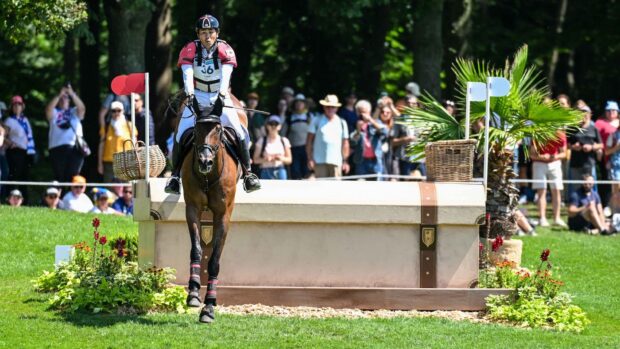The Brooke Hospital for Animals has revealed that countless working horses and donkeys in developing nations are being mutilated because of widespread superstition and ignorance.
The majority of these horrific mutilations are carried out under the misconception that the owner is helping the animal by doing so, either by curing ailments or by making the animals more productive.
One such “operation” is nostril-slitting, a practice widely carried out in Pakistan. Owners use a blade to slit their animals’ nostrils without anaesthetic in an attempt to widen them, in the belief that it will help them take in more air and increase their work capacity. In fact, the open wound leaves the animal prone to serious infection, as well as being excruciatingly painful.
The Brooke is running workshops in Multan to try to bring this practice to an end. The organisation holds donkey-cart races to prove the strength and capacity of these animals in their natural state. The main challenge is the education of the local people, as these practices are entrenched in their culture, and they have little comprehension of the animals’ suffering.
Firing, a practice that was commonplace in Britain until as recently as the eighties is still widely practised in Egypt, India and Pakistan. Horses are held or tied down and have their tendons and joints burnt with red-hot irons. The practice, which is still legal in this country, is considered barbaric by a huge number of vets, but is a traditional treatment for conditions such as lameness and arthritis in parts of Africa and India.
Other mutilations that are used less often are equally brutal. Ear-slitting, slitting a donkey’s ears lengthwise, is considered a “cure” for ailments such as colic, and is believed to provide immunity against tetanus. Eye-glassing is used as a treatment for animals with cloudy eyes, in the belief that by blowing ground glass into the affected eye, the animal’s vision will clear.
The Brooke’s international development director, Bill Swann explains: “These practices are being carried out because of ignorance by otherwise well-meaning owners who depend on their animals for their livelihood.
“Their intention is not to be cruel. Either they don’t realise how much suffering is caused or they believe it is unavoidable if they are to protect their animal from a perceived greater harm, such as death from tetanus. The practices are often centuries old and deeply rooted in local folklore.”
The Brooke runs a network of free veterinary clinics and mobile teams using local vets and local expertise to treat animals and teach owners about animal care and welfare.
The charity is launching a fundraising appeal to help end mutilation practices in the countries in which it works, allowing mobile vets to educate more poverty-stricken owners and treat more animals.
For more information or to make a donation, visit: www.brooke-hospital.org.ukor (tel: 020 7930 0210).




